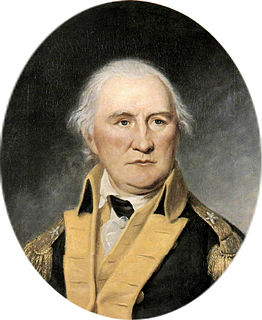A Quote by B. R. Ambedkar
A great man is different from an eminent one in that he is ready to be the servant of the society.
Related Quotes
Some would define a servant like this: 'A servant is one who finds out what his master wants him to do, and then he does it.' The human concept of a servant is that a servant goes to the master and says, 'Master, what do you want me to do?' The master tells him, and the servant goes off BY HIMSELF and does it. That is not the biblical concept of a servant of God. Being a servant of God is different from being a servant of a human master. A servant of a human master works FOR his master. God, however, works THROUGH His servants.
Maybe an artist's position in society is different today because it's more individualistic. You're not a direct servant anymore to the patron-you're an indirect servant, or a servant with a choice, or maybe you could not even serve. It's the way you make something. You draw it, you carve it out. Later you build it up from a flat surface. There is no other way to do a sculpture - you either add or you subtract. If you don't enjoy making work, then it's bad... artwork is brutal for so many people... I like the idea of an artist as sombody who works.
The man of system, on the contrary, is apt to be very wise in his own conceit; and is often so enamoured with the supposed beauty of his own ideal plan of government, that he cannot suffer the smallest deviation from any part of it... He seems to imagine that he can arrange the different members of a great society with as much ease as the hand arranges the different pieces upon a chess-board. He does not consider that...in the great chess-board of human society, every single piece has a principle of motion of its own, altogether different from that which the legislature might choose to impress upon it.
If the church says you are not allowed to steal, and we will ostracize you in our midst if you did, if what a man has does not measure up to what he has, if we found that a man has more money than he should have, if a man is earning a salary of a civil servant or a public servant and he has houses everywhere, we have to hold him to account.
With regard to the learned professions, little need be observed; they truly form no distinct interest in society . . . [discussing the landed, merchant, and learned classes in legislative assembly]. Will not the man of the learned profession, who will feel a neutrality to the rivalships between the different branches of industry, be likely to prove an impartial arbiter between them, ready to promote either, so far as it shall appear to him conducive to the general interests of society?

































